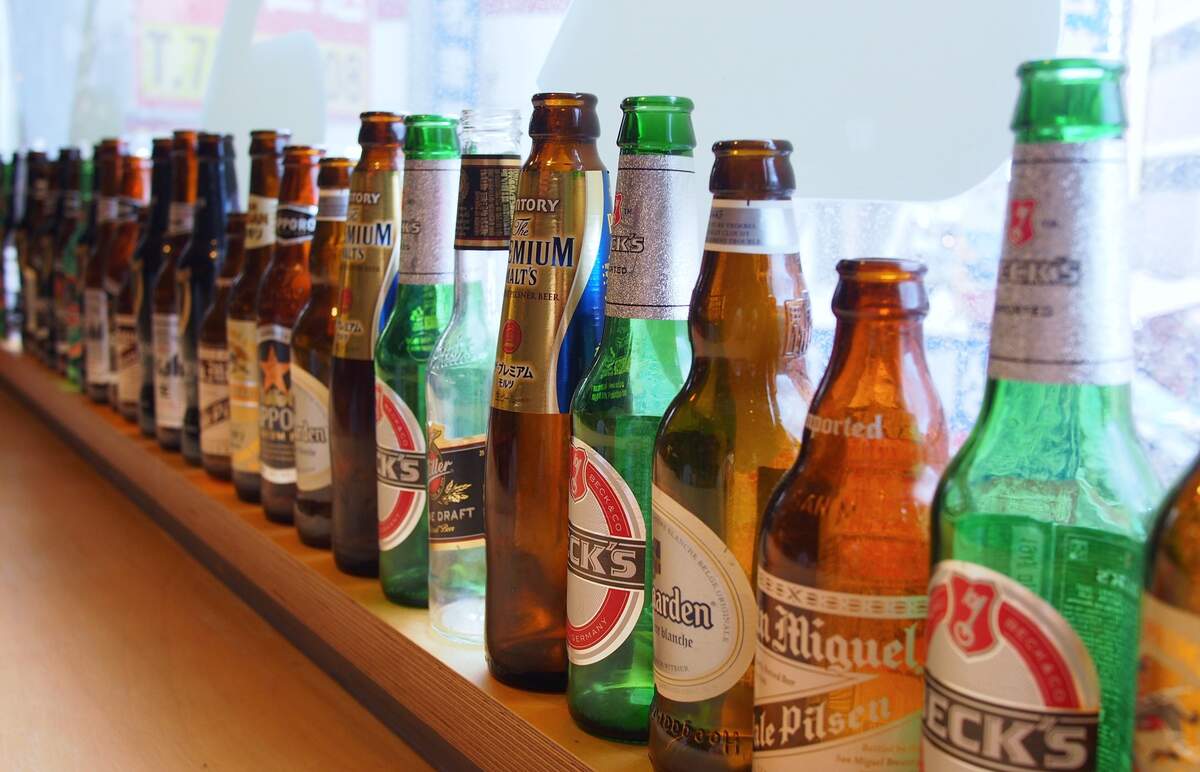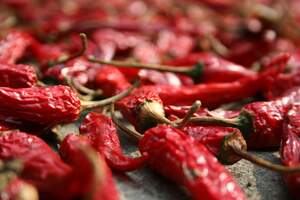

Prohibition Remembrance Day
Observed
annually on January 16th
Dates
Tags
Drugs & Alcohol
Food & Drink
History & Culture
Hashtags
Sources
https://constitutioncenter.org/interactive-constitution/amendments/amendment-xviii
https://constitutioncenter.org/interactive-constitution/amendments/amendment-xviii
https://en.wikipedia.org/wiki/Eighteenth_Amendment_to_the_United_States_Constitution
https://en.wikipedia.org/wiki/Repeal_of_Prohibition_in_the_United_States
https://en.wikipedia.org/wiki/Twenty-first_Amendment_to_the_United_States_Constitution
https://www.washingtonpost.com/express/wp/2007/01/12/bash_in_a_flash_prohibition_remembrance/
The Eighteenth Amendment prohibited the production, transportation, and sale of alcohol. On January 16, 1919, it was ratified by the requisite number of states, but did not go into effect for another year. Prohibition Remembrance Day commemorates the ratification and implementation of Prohibition, and the almost fourteen years that American citizens lived under it.
Prohibition had come about after many years of work by those in the temperance movement, which wanted complete abstinence from alcohol. As a whole, the movement had close ties to the church. One of the main groups that was instrumental in the passage of the Eighteenth Amendment was the Women's Christian Temperance Union (WCTU), which believed an amendment would protect children, women, and families from the effects of alcohol abuse, by reducing social problems such as poverty, crime, mental illness, and drunkenness. Another important temperance group was the Anti-Saloon League, which had first took on alcohol by working to ban its sale at the state level. The fight against alcohol was dramatized by campaigners such as the hatchet-wielding Carrie Nation, who traveled around the country smashing up saloons. By the time the amendment went into effect, many states already had prohibition laws on the books, which helped with the final passage of the amendment. For example, by 1916 there were 23 states that had laws against saloons, and some had already banned the manufacture of alcohol as well.
On August 1, 1917, the US Senate passed a resolution with the language for a prohibition amendment, and On December 17, 1917, the House of Representatives passed a revised resolution. The following day the Senate approved the revised version, and it was sent to states for ratification. On January 16, 1919, the amendment became official, as Nebraska became the 36th state to ratify it. With it the consumption of alcohol was not banned, but the production, transportation, or sale of it was. There was a stipulation that it could not go into effect right away though, so it was not until January 17, 1920, that it began being implemented. In order to enforce the amendment, and to define which drinks were considered "intoxicating liquors," the Volstead Act was passed by Congress, overriding a presidential veto.
The amendment was quite controversial during its thirteen year existence, and public pressure eventually led to its repeal. There were debates to its positive and negative qualities during its implementation, as there have been since its repeal. Overall alcohol consumption declined during it, cirrhosis rates for men decreased, and admissions to mental hospitals for issues surrounding alcohol went down. There is some indication that overall violent crime didn't increase dramatically during Prohibition, and many people did decide to follow Prohibition when it came into effect.
Although overall drinking went down, in some areas more people drank, and they drank more. This fostered an underground bootlegging industry that was controlled by organized crime groups such as the Mafia, as well as by other gangs. Some members of the police force were bribed, and some politicians turned a blind eye. Still, many were prosecuted for violating liquor laws, which overburdened the justice system. While bootlegging was running rampant, gambling and prostitution also increased.
In the cities there were many speakeasies, or underground drinking establishments, but in the country and among the working class, drinking mainly moved from being in saloons to being a part of home life, exemplified in the rise in production of "bathtub gin" and moonshine. There also were many instances of the re-distilling of the alcohol in things such as perfume and paint, which were materials that contained poisons.
Prohibition also was costly. There was a large amount of money spent to enforce it, and there was a loss of tax revenue from the lack of alcohol sales. As the Great Depression began at the end of the decade, it was harder to justify Prohibition when an economic benefit from its repeal could be seen.
Many groups formed to repeal Prohibition, such as the Association Against the Prohibition Amendment (AAPA). Many women joined the repeal movement, after they saw the destructiveness of alcohol being increased by the amendment itself. The Women's Organization for National Prohibition Reform (WONPR) gained 1.5 million members, many of whom had previously supported Prohibition, but now saw it as leading to corruption, violent crime, and underground drinking. Many members also believed that when children saw that people were not following laws, it could have a negative effect on them. The WONPR, the AAPA, and other groups came together and founded the United Repeal Council. The council lobbied at the 1932 Republican and Democrat Conventions, and the Democratic Party's platform eventually included a plank calling for the repeal of Prohibition, and candidate Franklin D. Roosevelt said he would work to repeal Prohibition.
After Roosevelt was elected, he signed the Cullen-Harrison Act on March 22, 1933, which legalized 3.2% alcohol beer, and wine, and went into effect on April 7—which is now celebrated in the United States as National Beer Day. Congress proposed the Twenty-first Amendment on February 20, 1933, and state conventions ratified it, the last doing so on December 5, 1933, which repealed the Eighteenth Amendment.
How to Observe Prohibition Remembrance Day
Celebrate the day by having a drink! Or, better yet, why not have a Prohibition party? Request that your guests wear period attire, and that they enter and leave your house through the back door. Encourage them to bring some of the imported spirits that were used in speakeasies during the era, such as Caribbean rum, Canadian whiskey, and English gin; make sure they bring them in brown bags or flasks, so they don't get caught! You could be the bartender and serve up some of the most popular drinks of the Prohibition era. Really get your party going with some music from the time period. Just in case the booze your guests brought runs out, make some moonshine or bathtub gin in advance, and have it hiding in your bathtub.
If you don't feel like turning your house into a speakeasy, sip on a drink and spend some time reading the Eighteenth and Twenty-first amendments, watching Ken Burns' Prohibition, or reading a book about the time. Planning a trip to The Museum of the American Cocktail may be a fun idea as well!





















